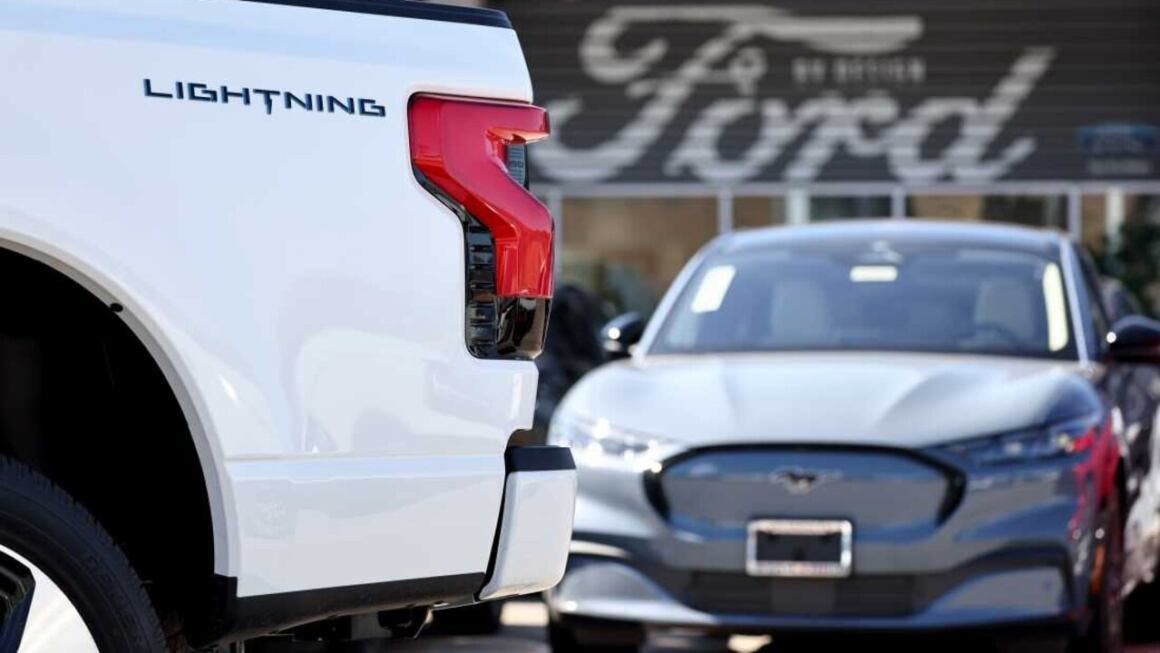After weeks of speculation and political wrangling, Ford has decided to pull out of the program that aimed to extend the $7,500 federal tax credit for new EV leases through the end of the year. According to Reuters, this marks a sharp reversal in Ford’s recent electric strategy.
The federal credit for new electric and plug-in hybrid vehicles officially expired on September 30, but both Ford and General Motors had initially planned to keep passing along the savings to customers. The idea was simple: dealers would purchase EVs from their own inventory, claim the tax credit, and apply the discount directly to lease prices, a clever workaround, at least until now.

“Ford will not seek the federal EV tax credit but will maintain competitive lease rates”, a company spokesperson told Reuters. For now, Ford Credit continues offering 0% financing for up to 72 months on select electric models, along with other incentives to keep buyers interested despite the policy shift.
GM, for its part, had proposed a similar approach, allowing customers to benefit from the credit “at participating dealers, while supplies last”. But the Detroit giant has since backed away, opting instead to self-fund lease incentives through the end of October.
Both automakers reportedly revised their strategies following discussions with the Internal Revenue Service (IRS). Politics, however, may have played a major role. Senator Bernie Moreno, who also happens to own a network of luxury dealerships in Ohio, sent a letter to Treasury Secretary Scott Bessent, criticizing automakers for “trying to continue defrauding US taxpayers”. The comment sparked controversy in Washington and may have nudged Ford and GM to rethink their programs.

With the Trump administration’s repeal of the $7,500 EV tax credit, the US electric vehicle market is now facing serious turbulence. Ford CEO Jim Farley warned that he wouldn’t be surprised to see EV market share drop from today’s 10–12% to as low as 5%.
